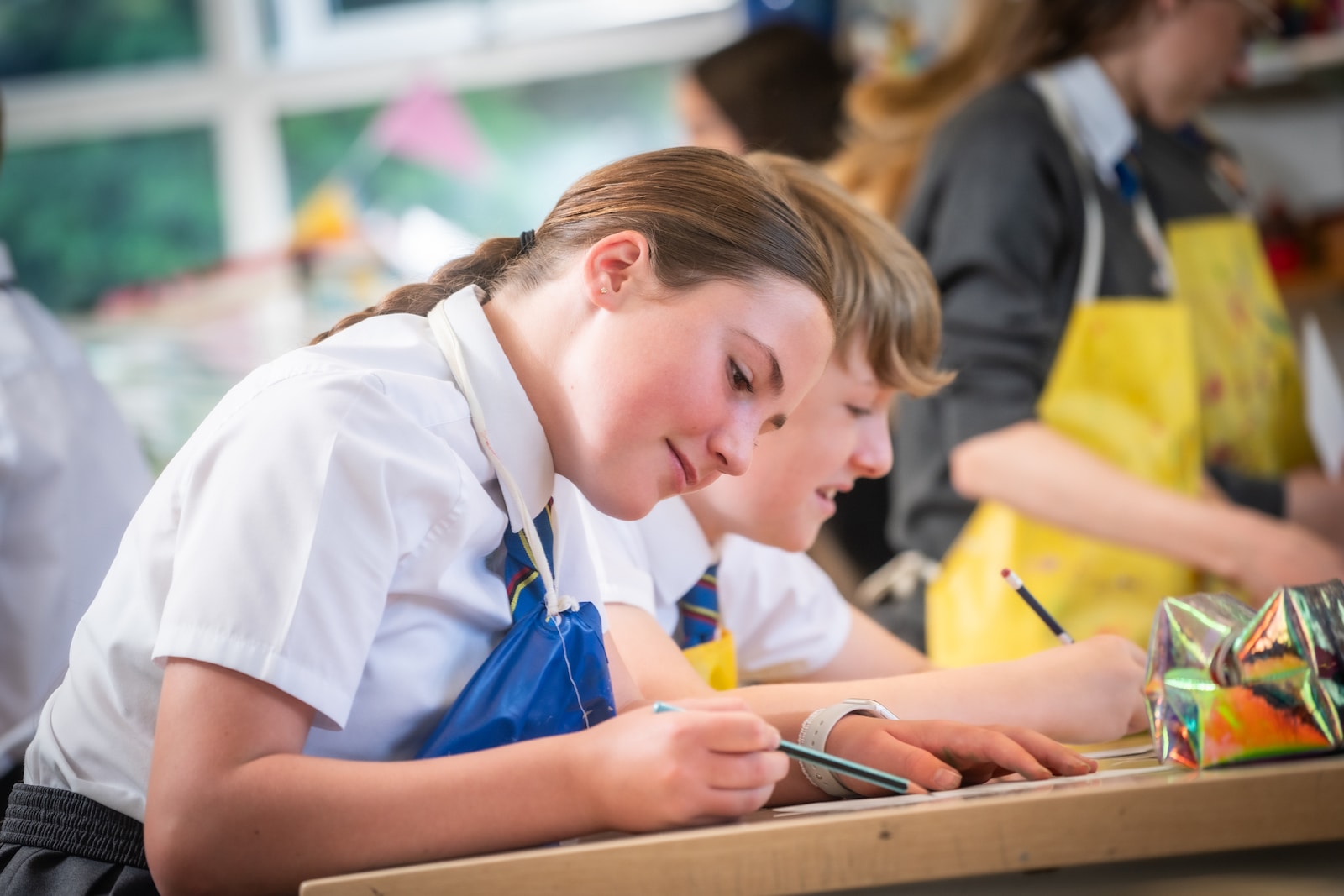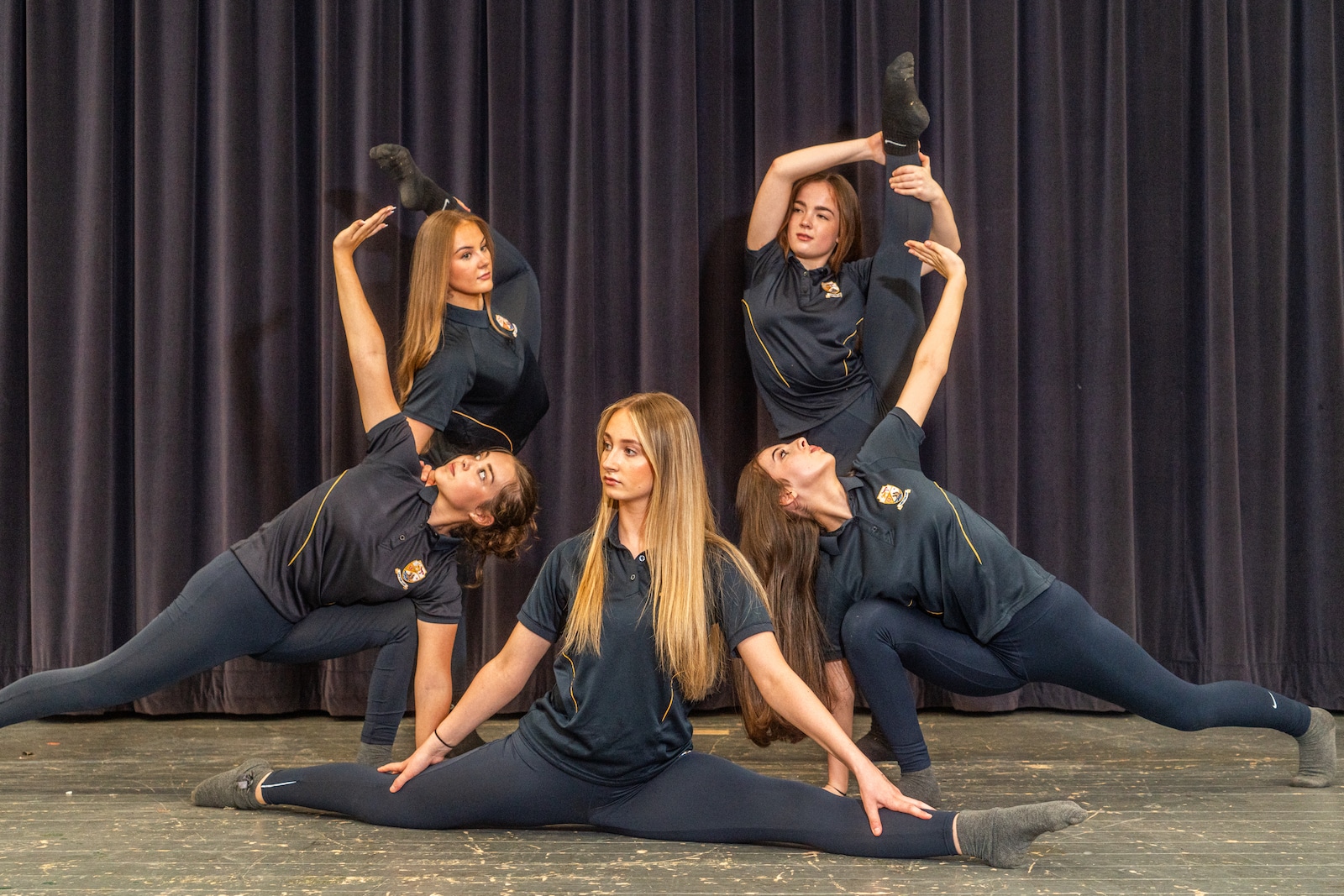Our Curriculum
At St Bede’s our curriculum is underpinned by our vision to ensure that our students are empowered to serve the common good. Our ambitious, academic curriculum will enable students to live out the core values of faith, love and hope. Through a broad curriculum offer we instil and share powerful knowledge; knowledge that is specialised and takes students beyond their everyday life experiences.
Each curriculum area specifies, the knowledge that students will remember and the skills that they will acquire over time. Knowledge is underpinned by the National Curriculum as well as wider subject domains. As such, in each discipline, students are prepared for national assessments, and importantly, secure knowledge from wider domains that builds and sustains cultural capital. We have carefully selected the knowledge and skills that we want students to know and remember. Backward planning ensures that the curriculum is intelligently sequenced so that students gain mastery in subject areas. Sequencing builds on what has gone before and prepares students for future learning. By applying our curriculum as a progression model and seeing learning as an alteration in long-term memory, student learning is durable and flexible. Equality of access and opportunity is central to our curriculum provision. All students receive the full entitlement of the National Curriculum in key stages 3 (KS3) and 4 (KS4).
Religious Education and the Catholic life of school is at the heart of our curriculum and our aim is to make the world a better place. At St Bede’s this takes place within the context of the wider Catholic faith community, in partnership with home and the parish. It is an integral part of the ethos of the school, which is itself a community of faith. It is designed to assist students to be increasingly able to make an informed and mature response to God in faith and to nurture that faith. The experiences and outcomes for religious education at St Bede’s lie at the heart of the learning experience of all who belong to the school community.
As an 11-16 secondary Catholic school, sequential knowledge begins at Key Stage 3 (Years 7-9) with well-planned schemes of work and resources. These schemes serve to develop fundamental knowledge learning acquired during primary education and build on this learning, strengthening schemas in our students’ minds. During this key stage we enable students to begin to think more coherently, critically, and creatively.
- Art & Photography
- Computer Science
- Design & Technology
- Drama
- English
- Geography
- History
- Mathematics
- Modern Foreign Languages
- Music
- Physical Education
- Religious Education
- Science
The KS4 curriculum (Years 10-11) is designed to be as broad as possible for as long as possible, so that all students can continue to engage with the powerful knowledge in a range of disciplines.
We recognise that the curriculum is more than the academic subjects taught in lessons, but it is the totality of students experiences at school. Therefore, in conjunction with our subject specialist curriculum, a range of extra-curricular activities, programmes and enrichment activities, enable students to have opportunities to learn beyond the formal curriculum. During these opportunities and within Personal Development (PD) students will develop resilience and confidence. The wider experiences for enrichment that sit alongside academic studies are designed to offer our students the opportunity to acquire new skills and develop new interests.
- Combined Science (GCSE)
- Core PE
- English Language and Literature (GCSE)
- Mathematics (GCSE)
- Personal Development
- Religious Studies (GCSE)
And option choices:
- Art (GCSE)
- History (GCSE)
- Computer Science (GCSE)
- Separate Sciences (with compulsory Science this leads to separate GCSE’s in Biology, Chemistry and Physics)
- Design and Technology (GCSE)
- Media Studies (GCSE)
- Drama (GCSE)
- Music (GCSE)
- Food Preparation & Nutrition (GCSE)
- Photography (GCSE)
- French (GCSE)
- Physical Education (GCSE)
- Geography (GCSE)
Pupils will select 3 options from this table


